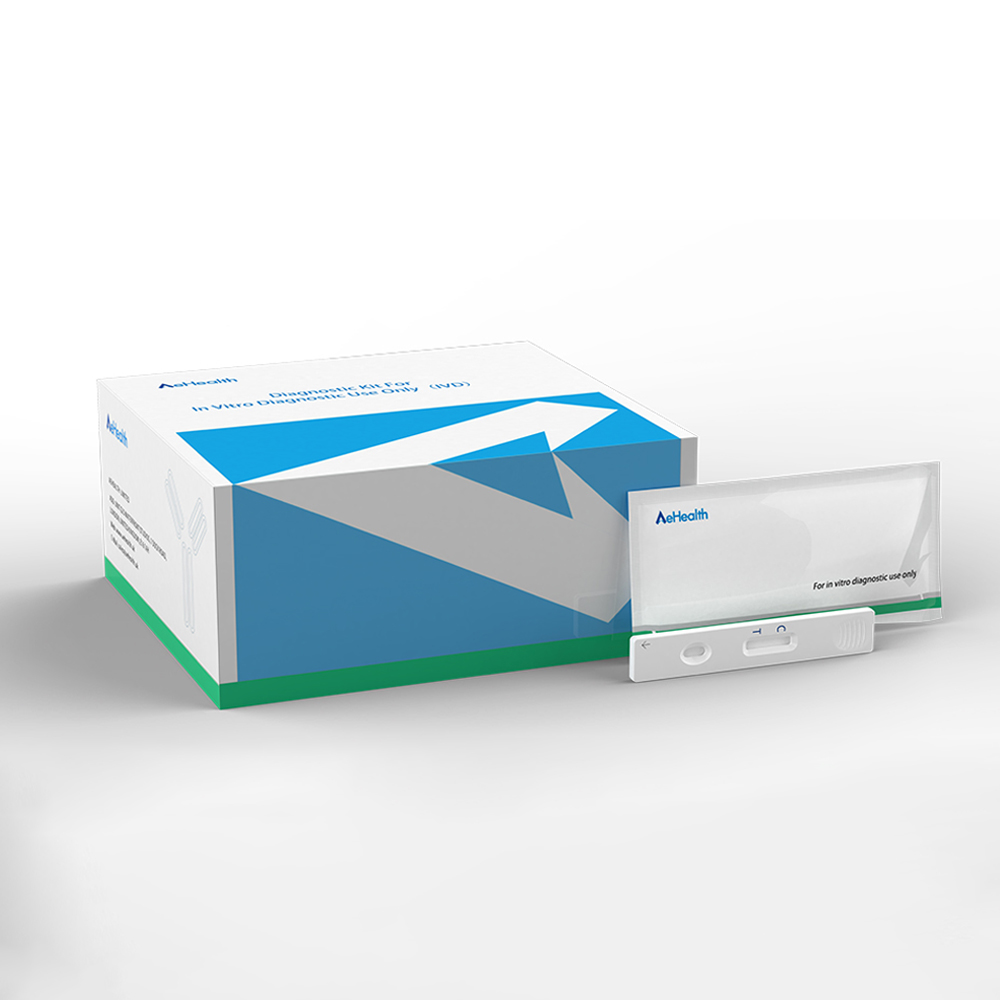
Performance Characteristics
Detection Limit : 1.00pmol/ L ;
Linear Range: 1.00~40.00 pmol/ L;
Linear correlation coefficient R ≥ 0.990;
Precision: within batch C.V. is ≤ 15%; between batches C.V. is ≤ 20%;
Accuracy: the relative deviation of the measurement results shall not exceed ± 15% when the standardized accuracy calibrator is tested.
1. Store the detector buffer at 2~30℃. The buffer is stable up to 18 months.
2. Store Anbio G17 Rapid Quantitative Test Cartridge at 4~30℃, shelf life is up to 18 months.
3. Test Cartridge should be used within 1 hour after opening the pack.
While the glandular epithelium is damaged, it will inevitably damage the G cells, resulting in a significant decrease in the number of G cells.
At this time, the enhancement of the secretion function of G cells cannot compensate for the decrease in their numbers, nor can it stimulate the release of gastrin by G cells.
The release of gastrin 17 depends on gastrointestinal hormones and factors in the gastrointestinal cavity.
As the secretion of gastric acid increases, somatostatin increases, and somatostatin inhibits the release of gastrin through paracrine action.
Gastrin 17 has a negative feedback mechanism with gastric acid. When the gastric corpus shrinks, the gastric acid secretion is reduced, and the inhibitory effect on G cells is weakened.
The negative feedback regulation mechanism increases the secretion of gastrin by the gastric antrum G cells, which promotes the secretion of gastric acid.
In the occurrence of gastritis, accompanied by H.P infection, the level of gastrin 17 increases; when hypergastrinemia occurs, the level of gastrin 17 may also increase.
Therefore, gastrin 17 can be a good measure of the health of the gastric mucosa.
Gastrin (gastrin, G) is a polypeptide hormone, mainly secreted by G cells in the gastric antral mucosa. In the human body, more than 95% of gastrin with biological activity is α-amidated gastrin.
Therefore, amidated gastrin is the main form of gastrin, including a mixture of G-17, G-34, G-14, G-71, G-52 and a short C- terminal sulfated hexapeptide amide, The content of G-17 reaches 80% to 90%, which is the main form of gastrin in the gastric antrum.
It is secreted by the glands of the gastric antrum and directly enters the blood circulation. It is a special biological mark of G cell function. Gastrin 17 is secreted by G cells in the gastric antral mucosa.
Gastrin When the mucosa dominated by gastric antrum changes, the content of gastrin 17 is affected. Studies have shown that when the gastric mucosa is severely atrophied, the inflammation has affected the middle 1/3 or the lower 1/3 of the gland.

